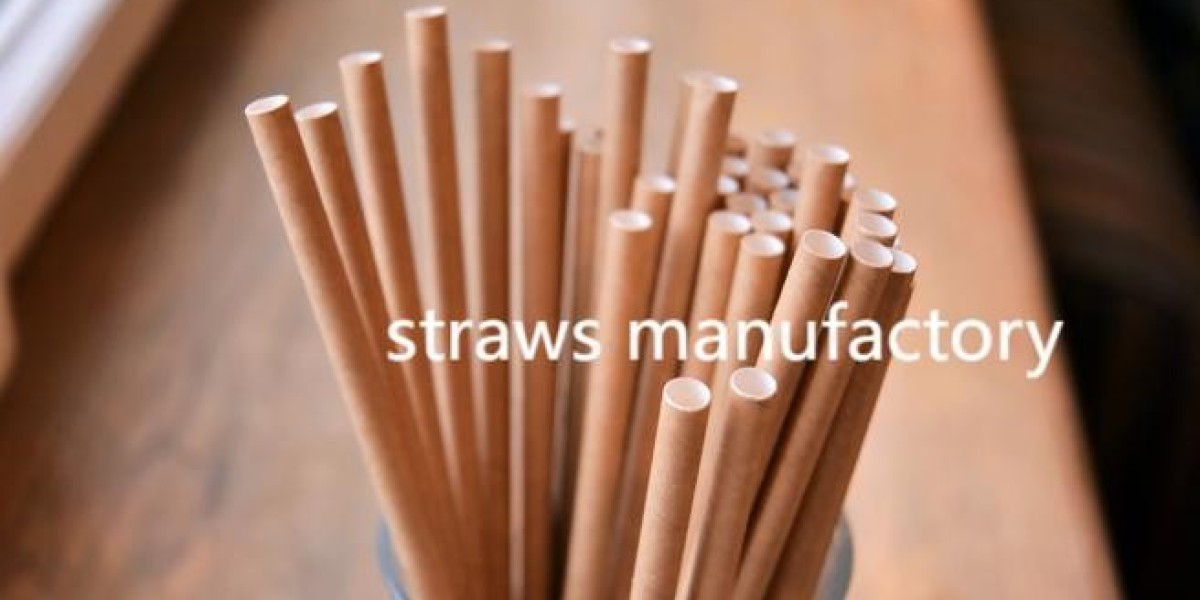straws manufactory has undergone a significant transformation over the past few years, driven by the growing demand for sustainable products. In the past, plastic straws were a staple in many industries, from foodservice to retail. However, as awareness about plastic pollution and its harmful effects on the environment has increased, the need for eco-friendly alternatives has become more urgent. As a result, a new wave of innovation has swept through straws factories, focusing on creating biodegradable, recyclable, and even edible straws made from natural materials.
One of the most popular alternatives to traditional plastic straws is the use of bamboo. Bamboo is fast-growing, requires minimal water, and doesn’t involve the use of harmful pesticides or chemicals. Many straws manufactories have adopted bamboo as a primary material due to its natural strength, ability to be reused multiple times, and eco-friendly properties. Once harvested, the bamboo is cut into appropriate lengths, hollowed out, and polished to create smooth, durable straws that are ideal for beverages of all kinds.
Another popular material used in the production of sustainable straws is PLA (polylactic acid), a type of bioplastic made from renewable resources like corn starch. PLA straws are biodegradable and offer a much lower environmental impact than their plastic counterparts. However, it’s important to note that PLA requires industrial composting facilities to break down fully, meaning they cannot simply be thrown into a home compost pile. As such, many straws manufactories are focusing on educating consumers about proper disposal methods to maximize the environmental benefits of these products.
Sugarcane bagasse is another innovative material being used by eco-conscious straws factories. Bagasse is the fibrous byproduct left after sugarcane juice has been extracted. Instead of allowing this material to go to waste, manufacturers have found ways to turn it into durable and compostable straws. Bagasse straws can withstand hot and cold beverages without becoming soggy, making them a versatile option for a wide range of uses. Additionally, because bagasse is a byproduct of the sugar industry, it offers a way to reduce agricultural waste while producing an environmentally friendly product.
The advancements in materials have been paralleled by improvements in manufacturing processes. Straws manufactories are increasingly utilizing renewable energy sources to power their operations, reducing their carbon footprint and overall impact on the environment. Many factories have also invested in waste reduction technologies, including recycling programs and waste-to-energy systems, ensuring that as little as possible goes to landfills. These efforts demonstrate a growing commitment to not only producing eco-friendly products but also minimizing the environmental impact of the production process itself.
In addition to the environmental benefits of these alternative straws, they are also meeting growing consumer demand for sustainable products. Many customers now prefer to buy from companies that demonstrate a commitment to sustainability, and businesses are responding by offering more eco-friendly options. Whether in restaurants, coffee shops, or at home, consumers are choosing biodegradable straws as part of their efforts to reduce plastic waste.
The future of straws manufactories looks promising as innovation continues to drive sustainable production. With new materials, energy-efficient processes, and an ever-growing market for eco-friendly products, the shift away from plastic straws is gaining momentum. As consumers become more aware of the environmental consequences of their choices, they will continue to seek out sustainable alternatives, ensuring that straws manufactories remain at the forefront of this critical movement.For more information about sustainable straws, visit sotonstraws.com .



